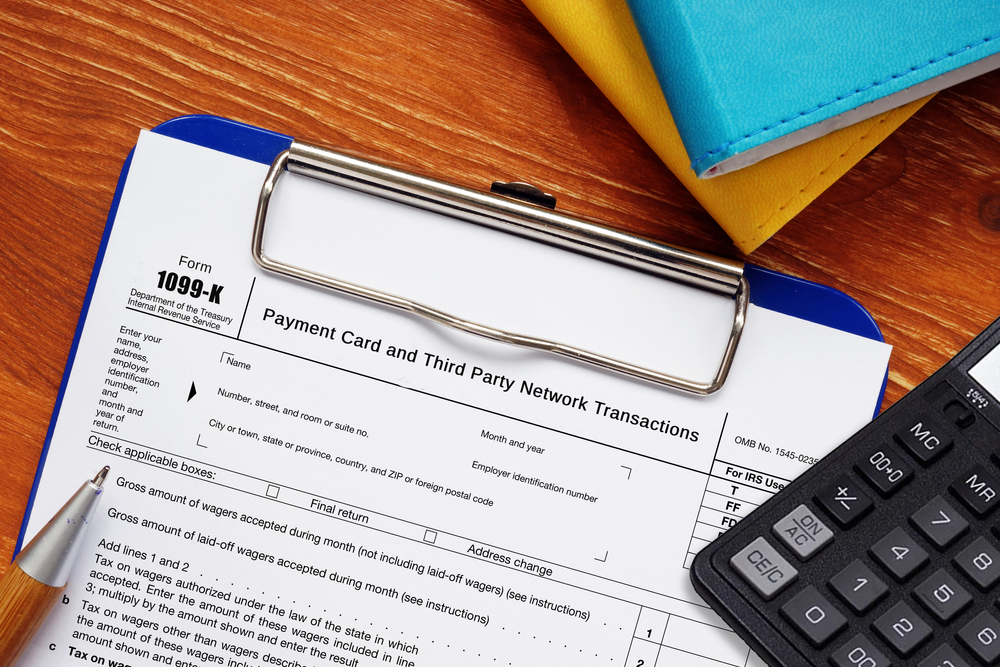BLOG
Finds and Interests

Image: Shutterstock
The headline was written to send shivers up the spines of online sellers and gig workers. It read:
“Taxes And Finance: A Tax Nightmare On Your Horizon”
The gist of the article—and hundreds like it—is that the IRS places an undue reporting burden on freelancers, online sellers, and the processors that issue the tax forms. I’ve heard the “unfair” refrain for years. I’ve been selling antiques and collectibles for nearly fifty years—way before there was an internet to sell on. Such complainers get no sympathy from me.
Fortunately, most sellers I know are conscientious and run their businesses responsibly. But even for them, change is in the wind. They will have to adapt to the new rules of commerce.
The Move Toward Income Reporting Transparency
First, some background. For quite some time, the rule for eBay and similar platforms was if a seller achieved 200 transactions and $20,000 in sales, they would get an IRS form 1099-K for miscellaneous income. The proposed rule would lower the 1099 threshold to $600 per calendar year. Consequently, sellers could get a 1099-K for every platform on which their sales exceed the threshold. Although quite a drop for online sellers, $600 has been the threshold for freelancers and gig workers for decades.
The reporting requirement doesn’t stop there. The current rule requires sellers who use peer-to-peer (P2P) payment apps like PayPal, Venmo, or Cash App to receive a 1099 for their P2P transactions. These apps report cumulative annual transactions exceeding $600 to the IRS. To use P2P digital wallets, you must supply your name, address, and tax identification number to the platform. So, if you pay for anything using a digital wallet, the transaction may be reported to the IRS. The IRS will know if you buy concert tickets, pay for an Uber, or buy at a yard sale.

Image: Shutterstock
The IRS Doesn’t Run Your Business; You Do
It’s not that the IRS is being unfair; it’s that too many online sellers and gig workers play fast and loose with tracking their income and expenses. Online selling isn’t a hobby, nor is regularly executing yard sales, or selling at flea markets. It’s a business. Make no mistake: if you buy something and sell it for more than you paid—whether it’s a toaster or a Van Gogh—you have made a profit. Profits are income, either ordinary or capital gains. Income is taxable regardless of whether it is paid by cash, check, card, or digital wallet.
The new IRS reporting requirements are not a burden; they are a necessity. Established dealers are tracking sales, expenses, assets, and liabilities anyway. All the IRS does is ensure that everyone pays their income taxes.
The U.S. underground economy—folks buying and selling “under the table”—is nearly three trillion dollars annually. The tax loss on this amount is huge. Don’t add to the problem. Track your income and pay your taxes. If you are concerned about applying the new rules to your business, hire a bookkeeper and set up an accounting system. You’ll be glad you did.
Will Seippel is the CEO and founder of WorthPoint®, the world’s largest provider of information about art, antiques, and collectibles. An Inc. 500 Company, WorthPoint is used by individuals and organizations seeking credible valuations on everything from cameras to coins. WorthPoint counts the Salvation Army, Habitat for Humanity, and the IRS among its clients.